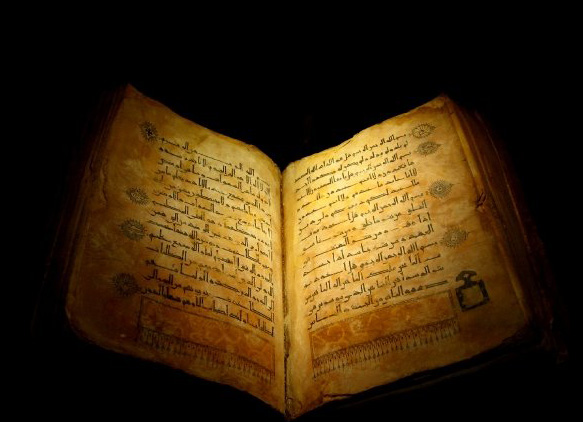Islam is the youngest of all religions that ever existed. It emerged on the world globe during 622 CE when Holy prophet PBUH migrated from Makkah to Madina along with his companions and followers.
With the establishment of Baghdad city and the Abbasid Caliphate in late 8th century, the golden period of Islam started to emerge on the front screen of world’s accomplishments. For next 400 years, from the mid-9th century until the takeover of Baghdad by Mongols in 1256, Muslim culture was unparalleled in its splendor and learning.
A large number of circumstances and innovations together contributed to mark this period of Islam as golden age of all times. The most remarkable and significant event was the creation of an Islamic empire which lacked internal politics and was free of barbarian control. As a result free trade started to take place across and beyond the Asian continent. Islamic civilizations of that time were full of wisdom, knowledge and innovations. As Holy prophet PBUH stated the ink of scholars is more precious than the blood of martyrs, those civilizations made glorious achievements because of the efforts of scholars, researchers and mathematicians.
Moreover, the use of Arabic language led to the standardization of empire as this language of Quran is considered to be the language of power, justice and faithThe accomplishments of Islam’s Golden Age are too numerous to mention.
- Islamic scientists were the first ones to develop rudiments, which later turned out to be basis of scientific method.
- Muslim scholars translated dozens of Greek and Sanskrit books into Arabic, so general public could utilize that knowledge.
- A public hospital was opened in Damascus city which treated mentally ill patients for free.
- Abu Bakr al-Razi brought the concept of using antiseptics to clean wounds. By identifying the strong connection between bacteria and infection he set the basis for carrying out laboratory experiments.
- Al-Hasaan was first of all Muslim scientists to study optics. He also published a book which covered major areas of optics.
- Ibn al-Nafis, a Muslim physician, described in detail the functioning of human circulatory system in his book.
- Islamic veterinary science particularly in the study and treatment of horses led to great discoveries in late 19th
- Muslim alchemists made enormous advancements in chemical formulas and periodic tables. Most famous experiment included ones on forging of steel and distillation of petroleum.
